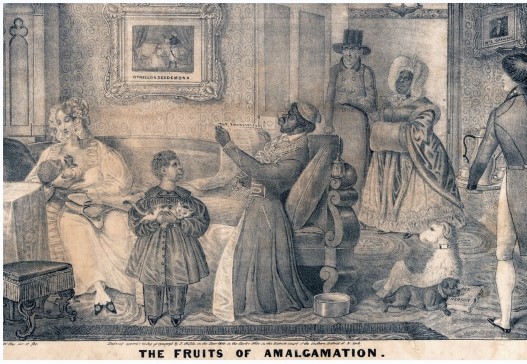Exam 13: The Slave South 1820-1860
Exam 1: Ancient America Before 149265 Questions
Exam 2: Europeans Encounter the New World 1492-160065 Questions
Exam 3: The Southern Colonies in the Seventeenth Century 1601-170065 Questions
Exam 4: The Northern Colonies in the Seventeenth Century 1601-170065 Questions
Exam 5: Colonial America in the Eighteenth Century 1701-177065 Questions
Exam 6: The British Empire and the Colonial Crisis 1754-177564 Questions
Exam 7: The War for America 1775-178365 Questions
Exam 8: Building a Republic 1775-178963 Questions
Exam 9: The New Nation Takes Form 1789-180065 Questions
Exam 10: Republicans in Power 1800-182464 Questions
Exam 11: The Expanding Republic 1815-184065 Questions
Exam 12: The New West and the Free North 1840-186065 Questions
Exam 13: The Slave South 1820-186065 Questions
Exam 14: The House Divided 1846-186165 Questions
Exam 15: The Crucible of War 1861-186564 Questions
Exam 16: Exploring Key Themes and Turning Points in American History19 Questions
Select questions type
Prior to the Civil War,why did the South remain agriculturally based instead of diversifying its economy?
Free
(Multiple Choice)
4.8/5  (34)
(34)
Correct Answer:
B
Which statement characterizes white southerners in the antebellum South?
Free
(Multiple Choice)
4.9/5  (32)
(32)
Correct Answer:
C
Explain how plain folk in both the plantation belt and the upcountry viewed the idea of white supremacy,and what led them to adopt these views.
Free
(Essay)
4.9/5  (37)
(37)
Correct Answer:
Answer would ideally include:
Plantation Belt: Yeomen in the plantation belt lived within the orbit of the planter class and were tied to planters through patterns of reciprocity and mutual obligation.Many of these plain folk aspired to plantation life and,consequently,adopted the views of slave owners,in particular the view of the necessity of white supremacy.
Upcountry: Upcountry yeomen,though they had less contact with planters,also accepted white supremacy.They believed the planters' argument that the existing social order served all southerners' interests.By supporting slavery and white supremacy,even middling and poor whites felt they were part of the South's ruling class.
Elite southerners maintained their power over the yeoman majority by
(Multiple Choice)
4.7/5  (42)
(42)
Which staple crop was grown almost exclusively along a narrow strip of coast stretching from the Carolinas into Georgia?
(Multiple Choice)
4.8/5  (41)
(41)
Historians use the term planter to identify whites who owned at least how many slaves?
(Multiple Choice)
4.9/5  (36)
(36)
How important was agriculture to the economy of the North in the mid-nineteenth century?
(Multiple Choice)
4.8/5  (30)
(30)
Which statement describes the daily lives of southern women on the plantation?
(Multiple Choice)
4.9/5  (43)
(43)
Although a new nation was created under the Constitution in 1789,there were already significant differences between the North and the South.Discuss the evolution of the South as a distinctive region economically.What role did slavery play? How did white southerners enforce slavery and argue its positive aspects?
(Essay)
4.9/5  (36)
(36)
Which of the following restrictions was placed on the 260,000 free blacks in the South by 1860?
(Multiple Choice)
4.7/5  (28)
(28)
Explain how the politics of slavery helped knit together all of white society in the South.
(Essay)
4.8/5  (36)
(36)
Why did planters promote Christianity in the slave quarters?
(Multiple Choice)
4.9/5  (32)
(32)
How did white Virginians respond to the violence of Nat Turner's rebellion?
(Multiple Choice)
4.8/5  (27)
(27)
Most plantation mistresses kept their opinions on issues to themselves,but the diarist Mary Boykin Chesnut echoed most women in railing against
(Multiple Choice)
4.9/5  (31)
(31)
The large numbers of blacks in the antebellum South had profound effects on the region.Give several examples of how blacks influenced southern culture.
(Essay)
4.8/5  (43)
(43)
The lithograph "The Fruits of Amalgamation" portrays anxiety over what possible effect of emancipation? 
(Multiple Choice)
4.7/5  (34)
(34)
Showing 1 - 20 of 65
Filters
- Essay(0)
- Multiple Choice(0)
- Short Answer(0)
- True False(0)
- Matching(0)